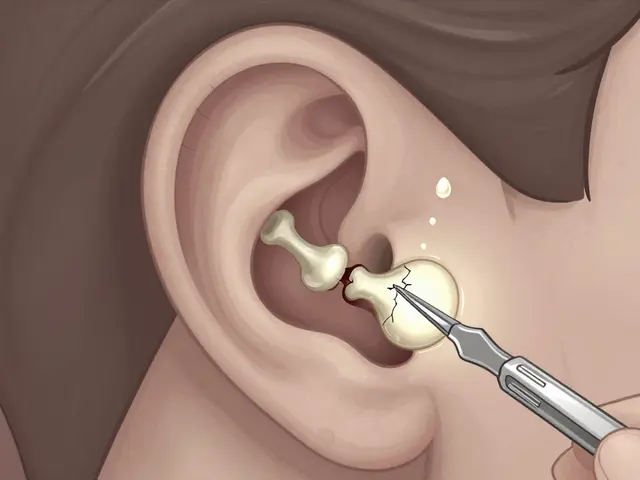Bed-Wetting Help: Causes, Tips, and Treatment Options
Bed-wetting, also called nocturnal enuresis, can be frustrating for anyone who deals with it. Whether you’re a parent worried about a child or an adult facing occasional accidents, the good news is there are clear reasons and practical ways to handle it. Below you’ll find plain explanations and easy steps you can try right away.
Why It Happens
The body’s nighttime bladder control is a mix of hormones, bladder size, and sleep patterns. In kids, the hormone that reduces urine production at night (antidiuretic hormone) may not be fully developed. Some children simply have a smaller bladder that fills up fast. For adults, factors like a urinary tract infection, stress, or certain meds can trigger leaks during sleep.
Other common triggers include too much fluid before bedtime, caffeine, and deep sleep that prevents the brain from waking up to go to the bathroom. Even genetics play a role—if a parent struggled with bed-wetting, kids are more likely to as well.
How to Manage Bed-Wetting
Start with the basics: limit drinks after dinner, especially sugary or caffeinated ones. Encourage a bathroom visit right before lights out. Use a nighttime routine that includes a quick trip to the toilet, so the bladder is as empty as possible.
Protect the mattress with a waterproof cover. This isn’t about giving up; it just makes cleaning easier and reduces stress. Some families find success with a “wet night alarm” that wakes the sleeper at the first sign of moisture, training the brain to respond.
If the problem persists, talk to a healthcare professional. They can check for infections, review medications, or suggest medication that boosts antidiuretic hormone levels. For kids, behavioral therapy and a bladder training schedule often work well.
Remember, bed-wetting is usually temporary and treatable. Staying patient, keeping the bedroom environment supportive, and seeking medical advice when needed can make a big difference. You’re not alone, and with the right steps, nights can become dry again."
Bed-Wetting Solutions: Effective Ways to Sleep Through the Night
No one likes waking up in soggy sheets, but bed-wetting happens to more kids and even some adults than you'd think. This article covers why it happens, busts a few stubborn myths, and offers straightforward solutions that actually make a difference. You’ll get clear, doable tips on changing habits, using products, and working with your doctor when it’s needed. We’ll even look at how to handle the emotional side, so you don’t feel alone with this issue. Ready for better sleep and dry mornings?






